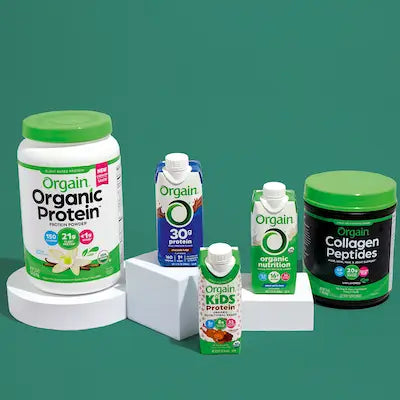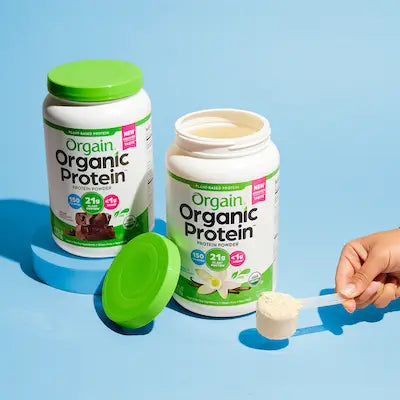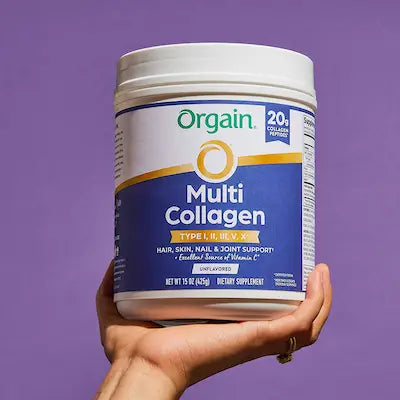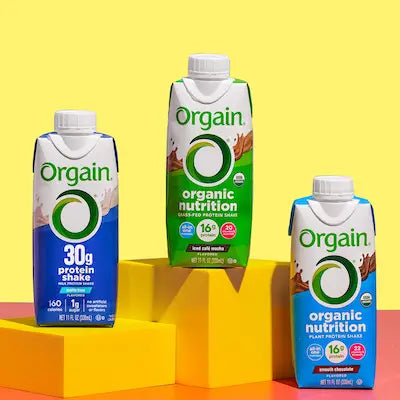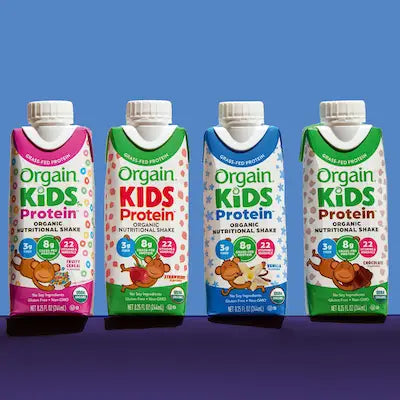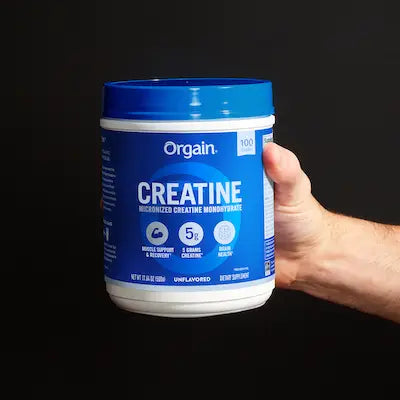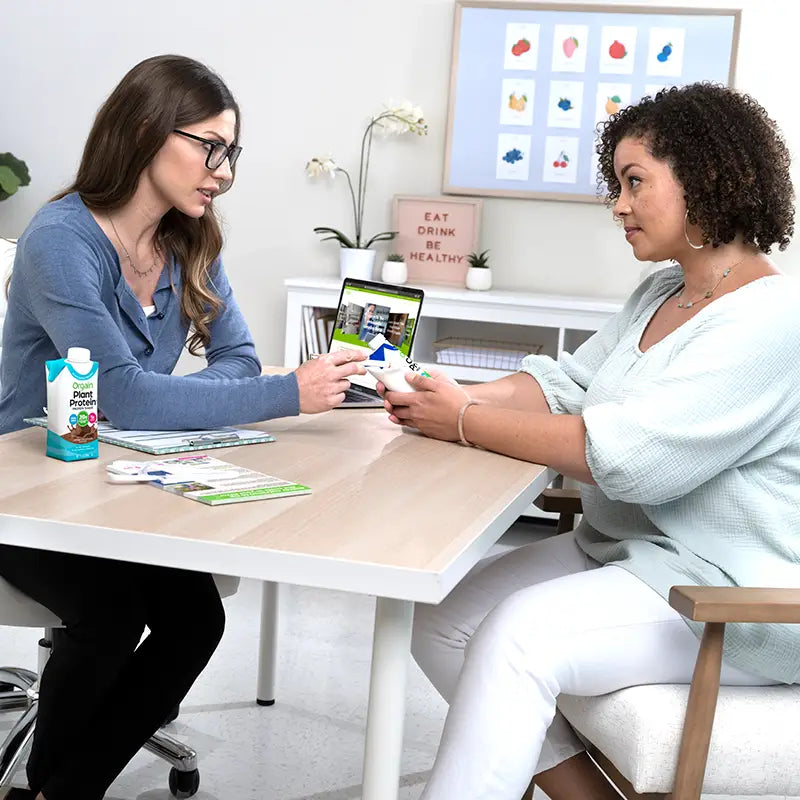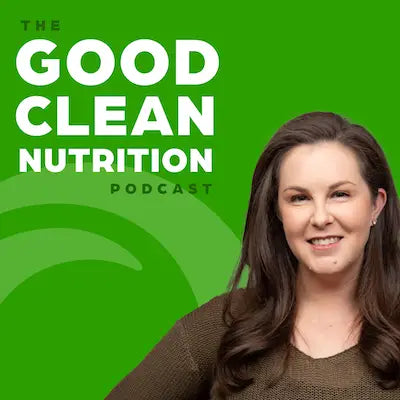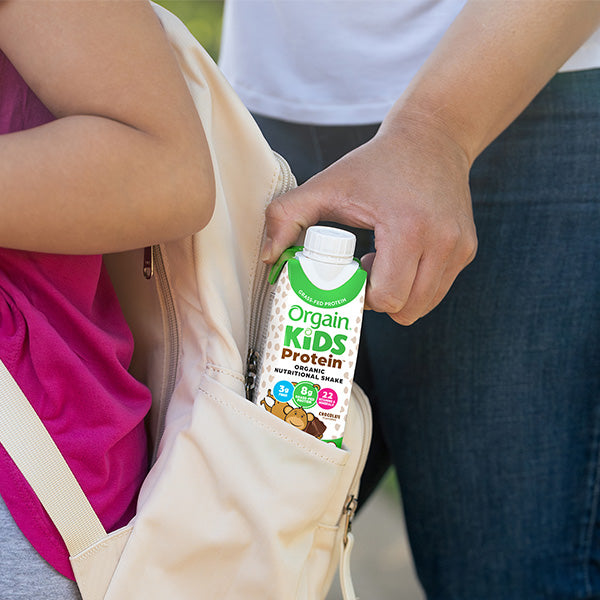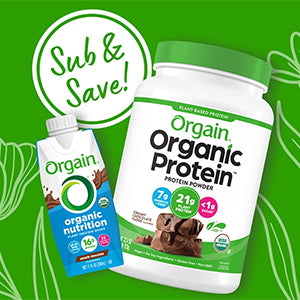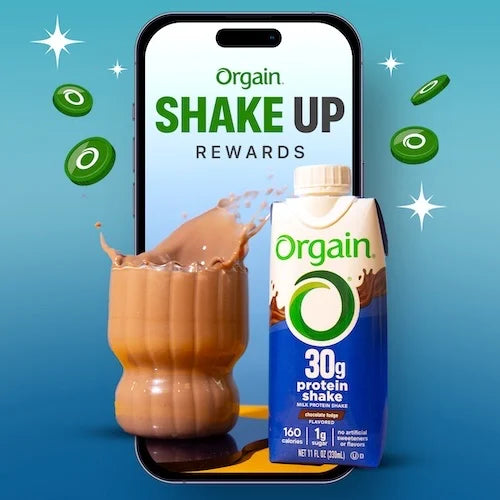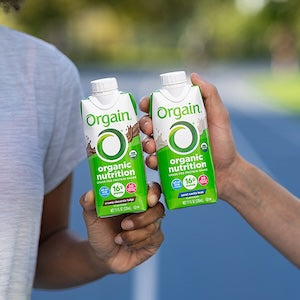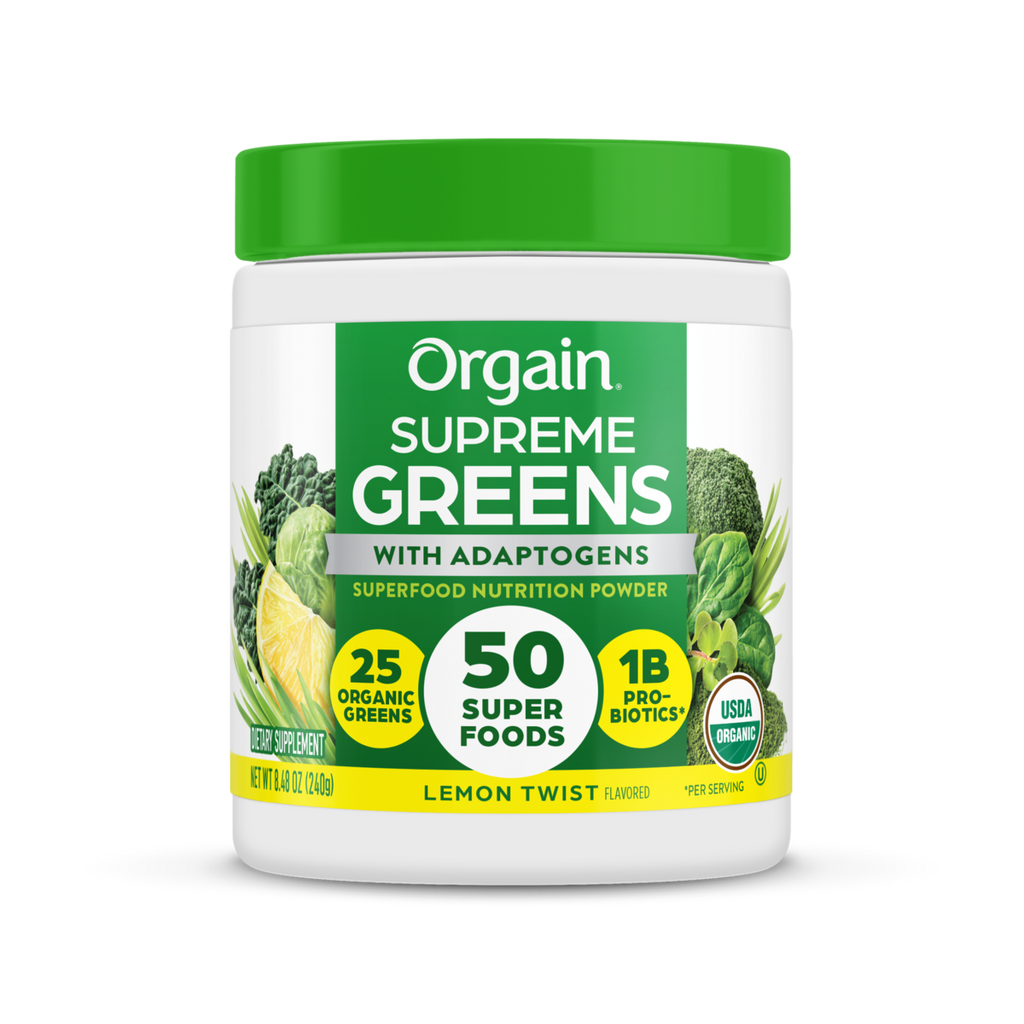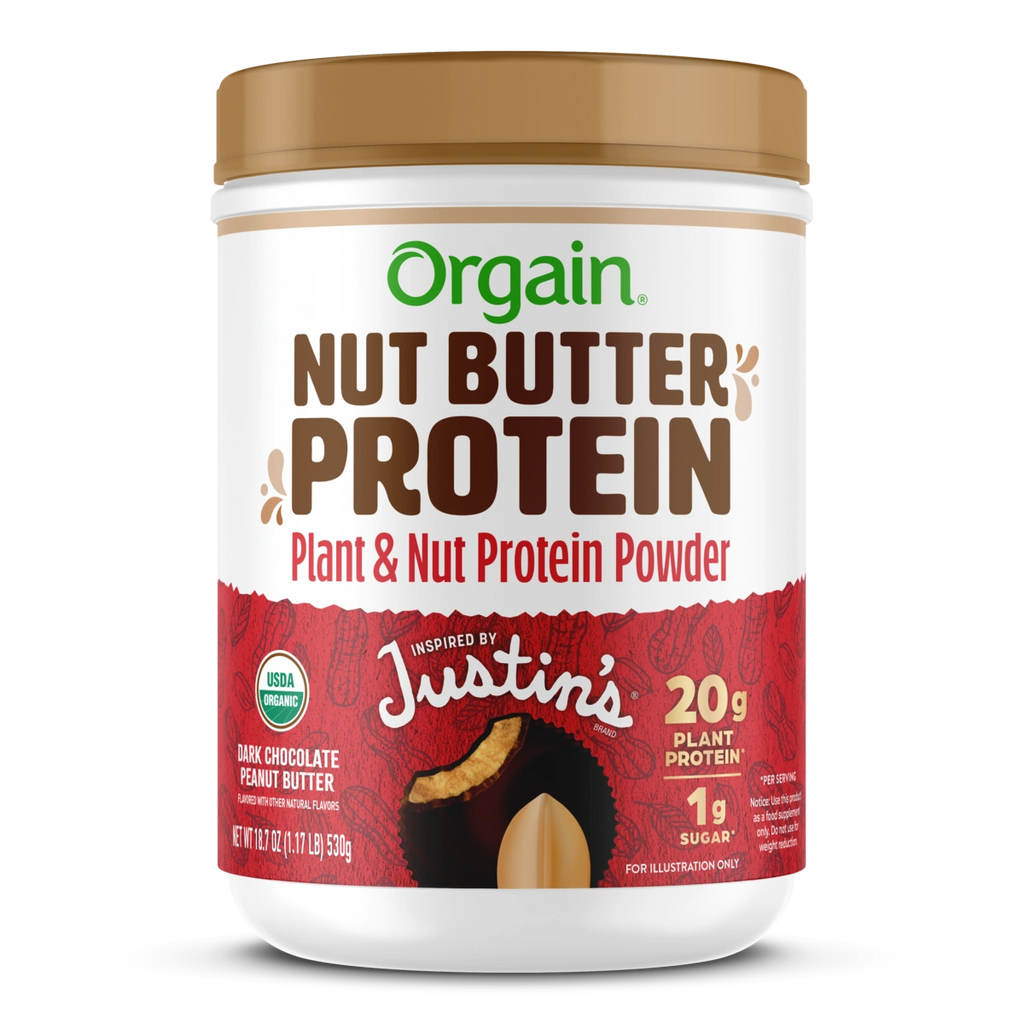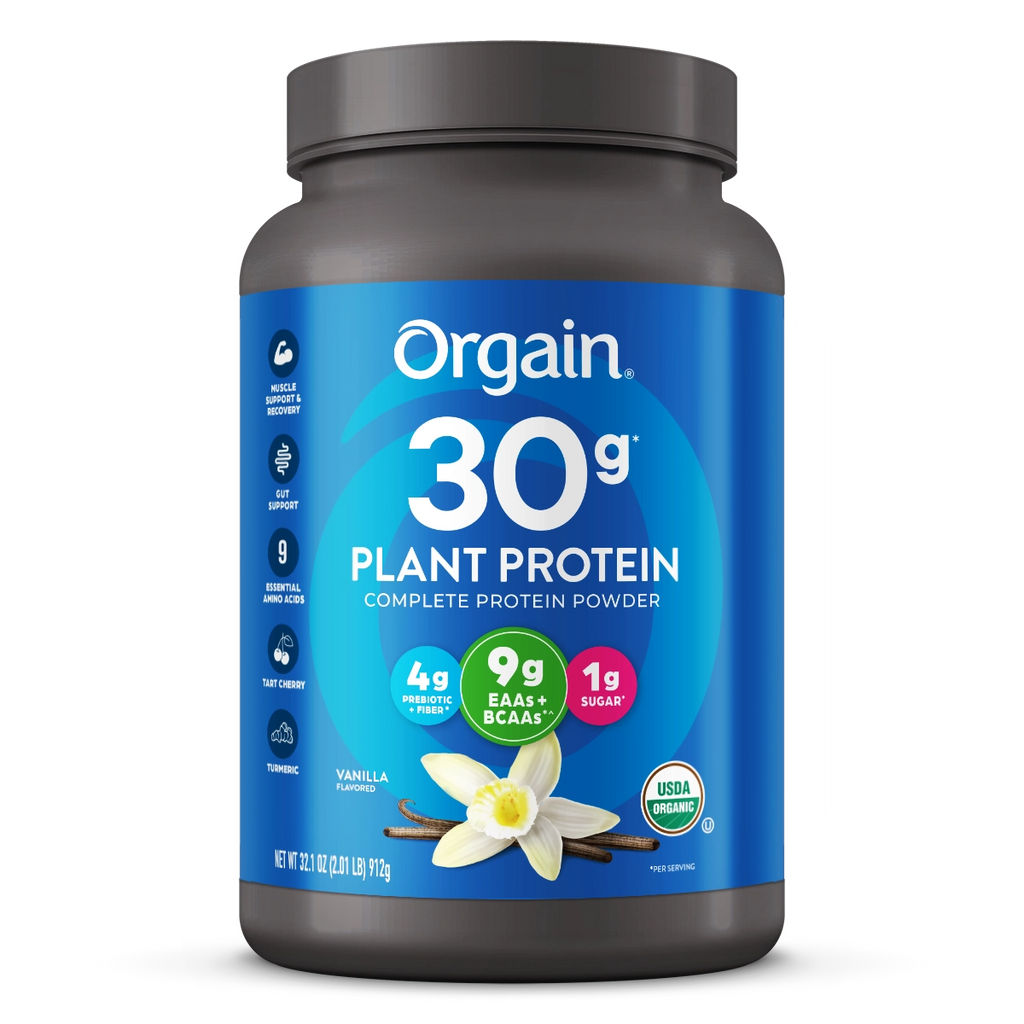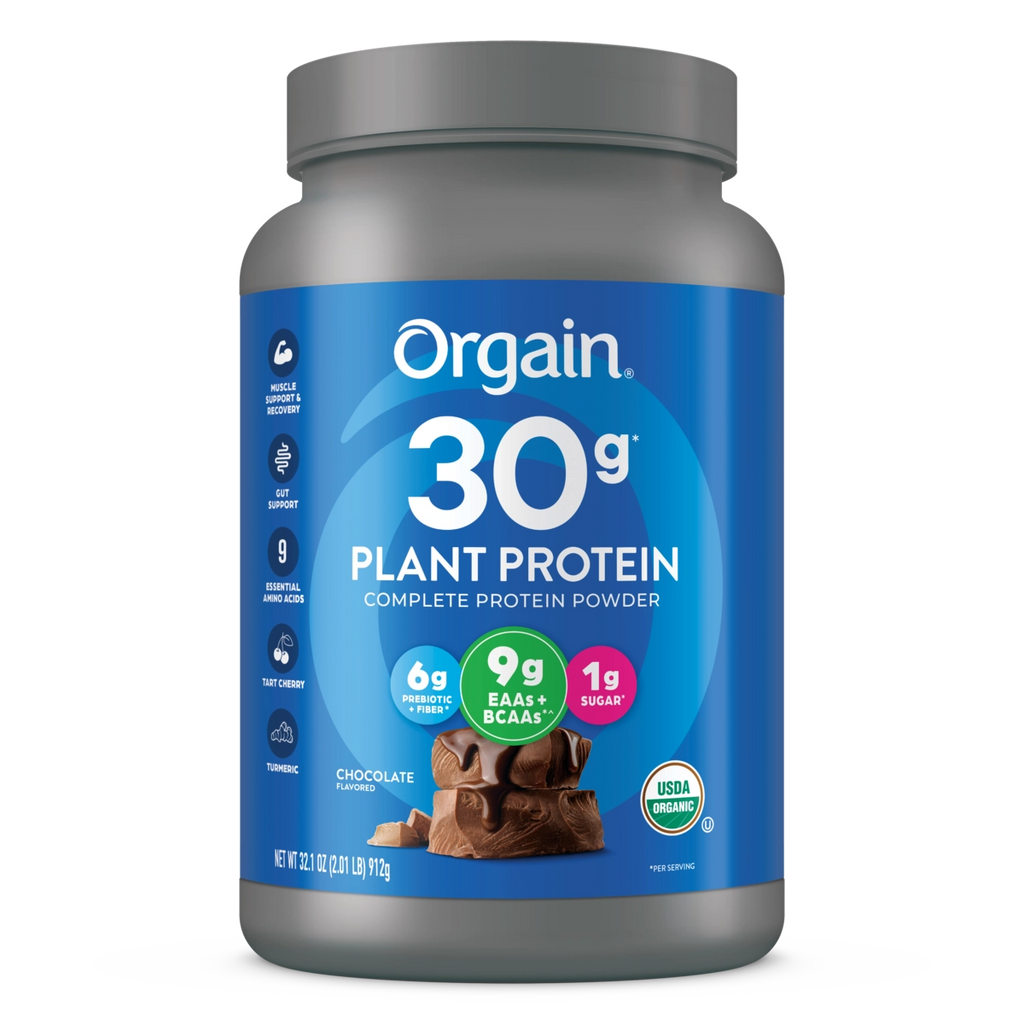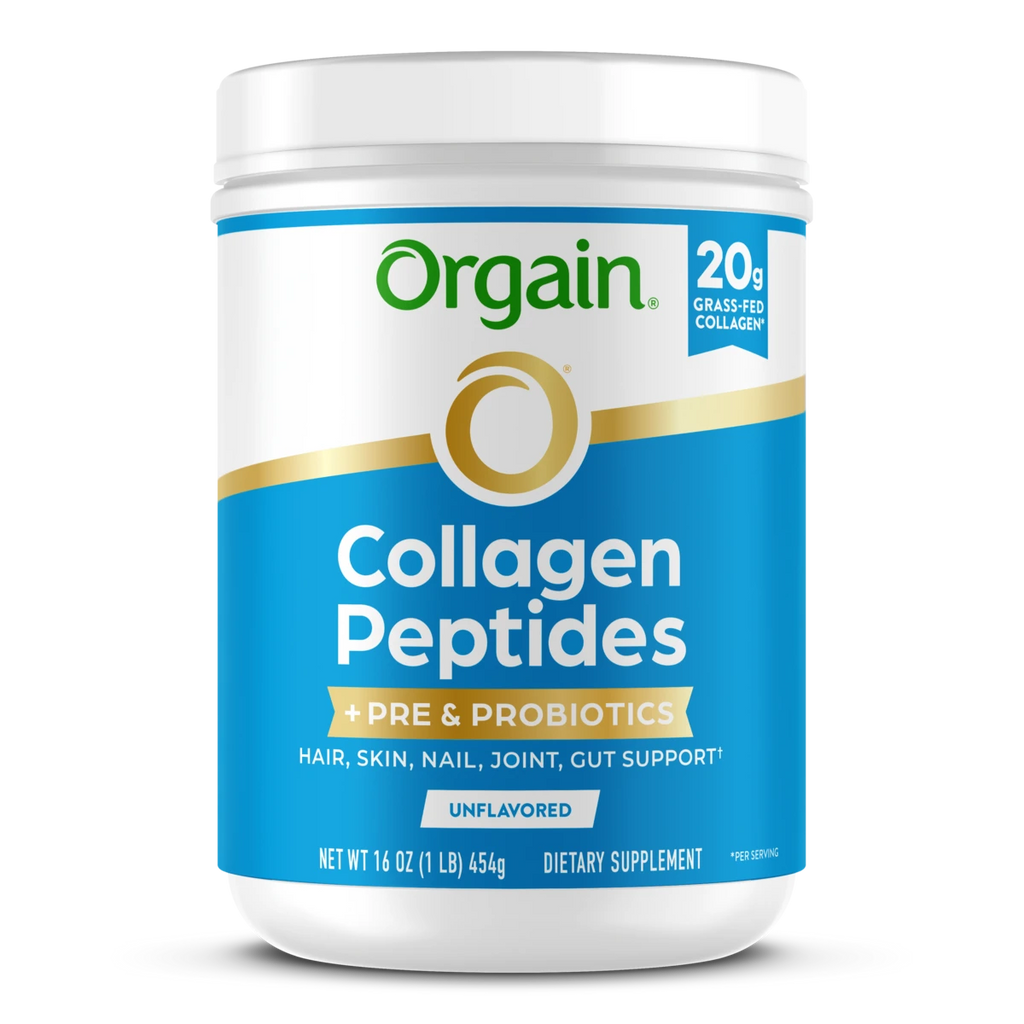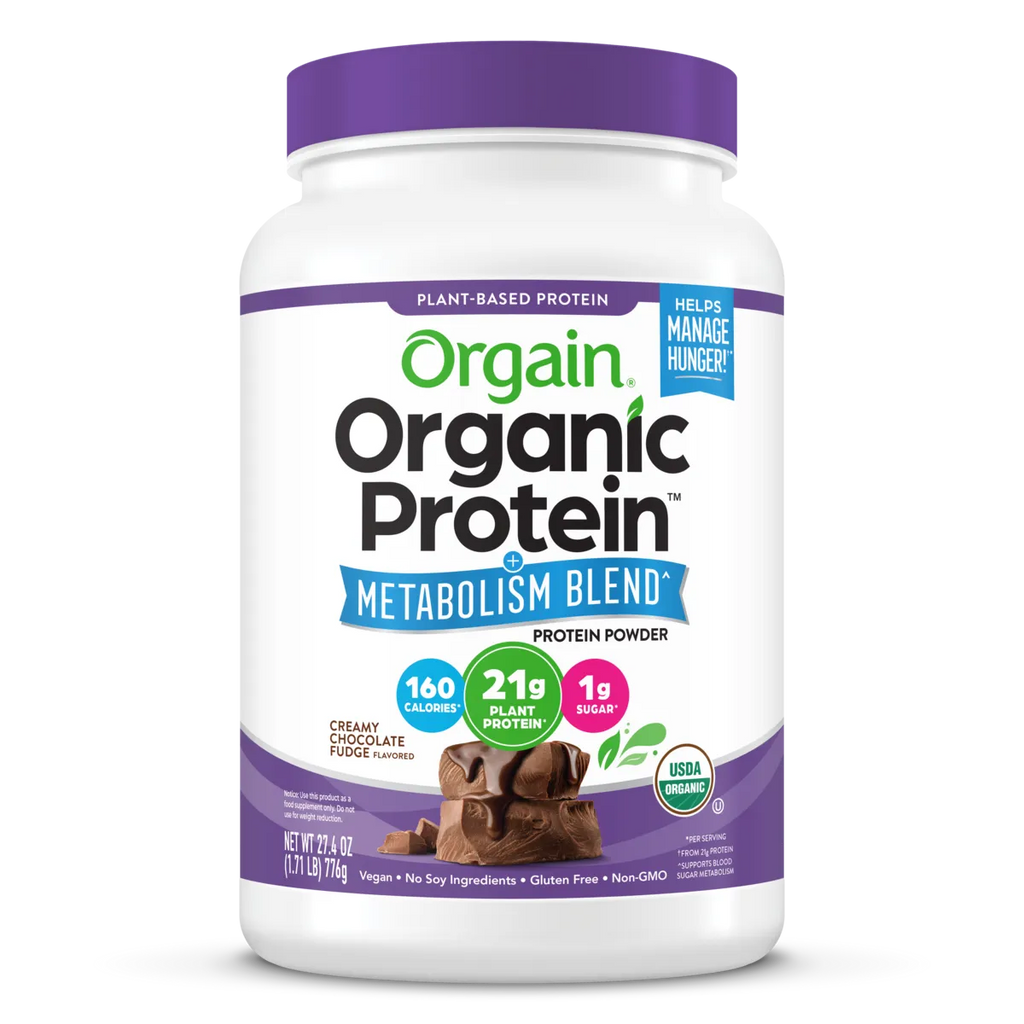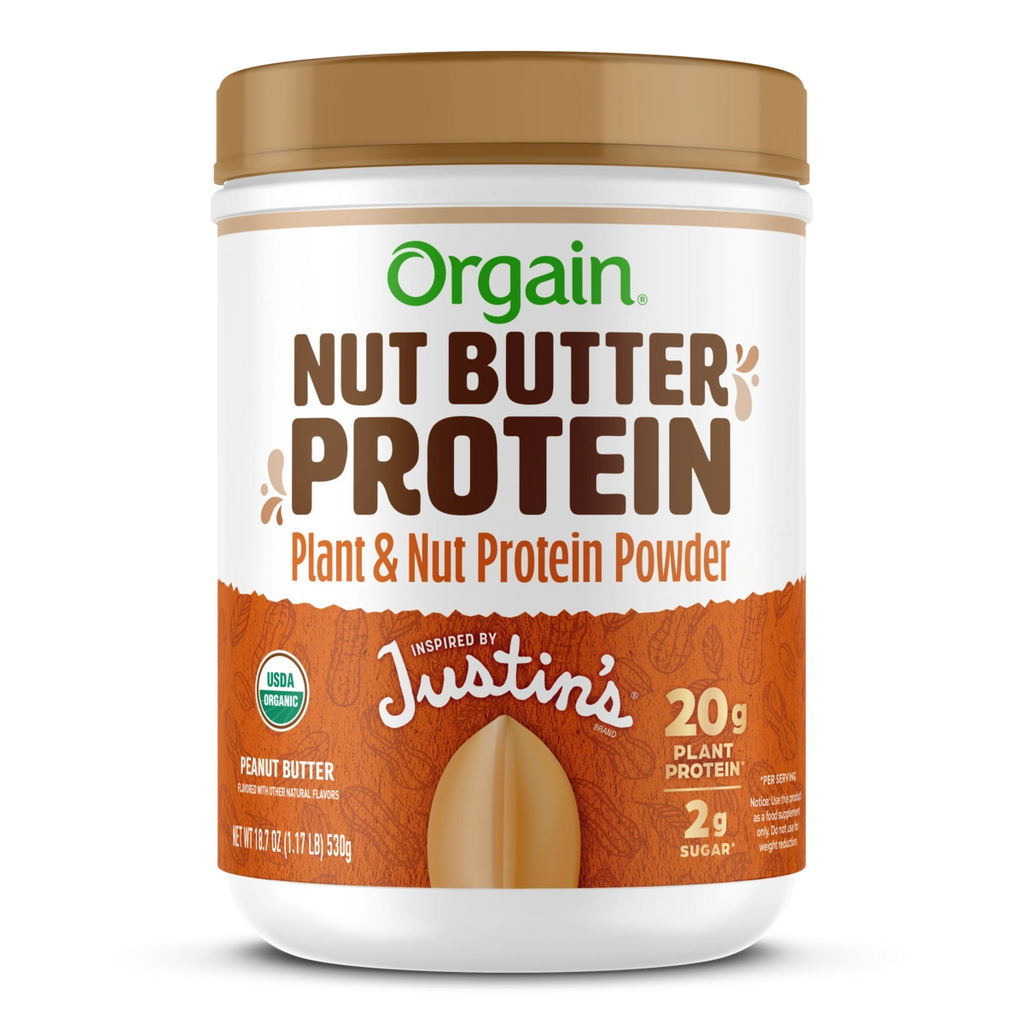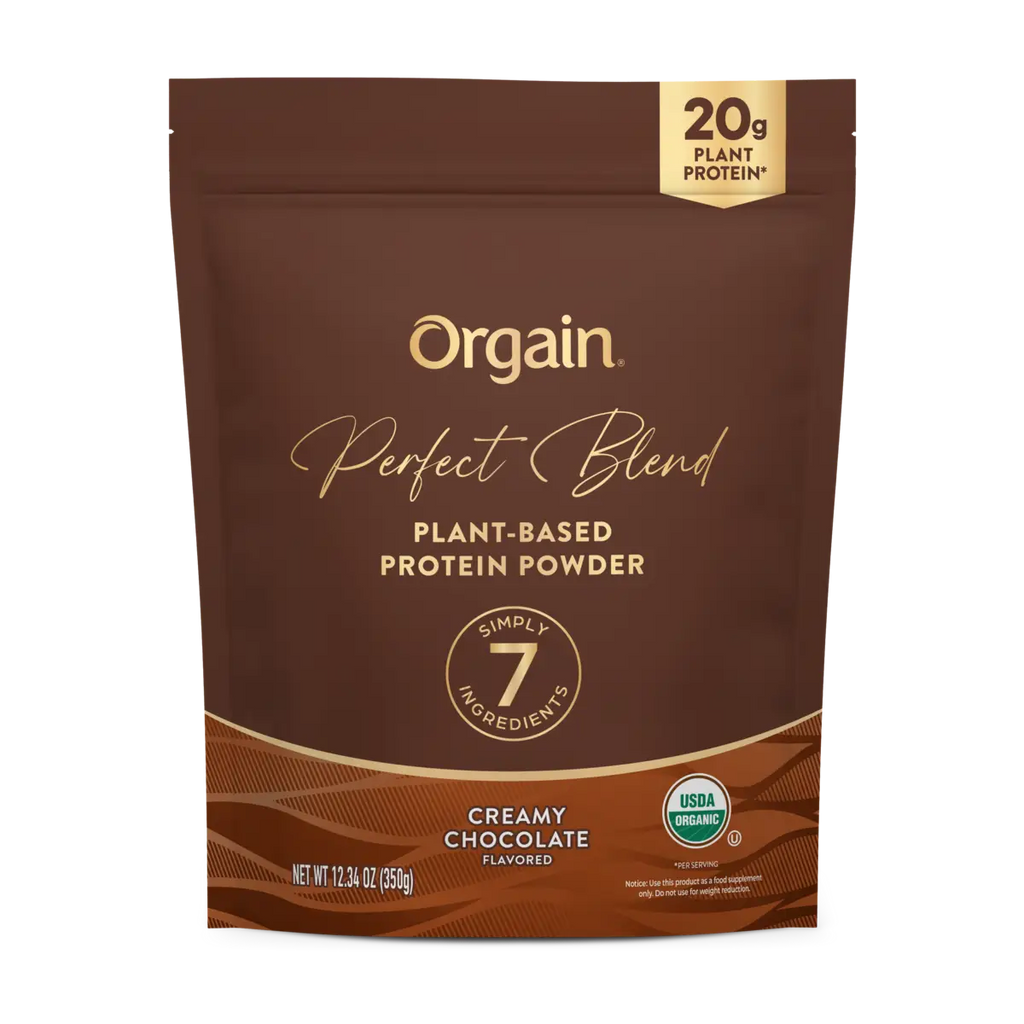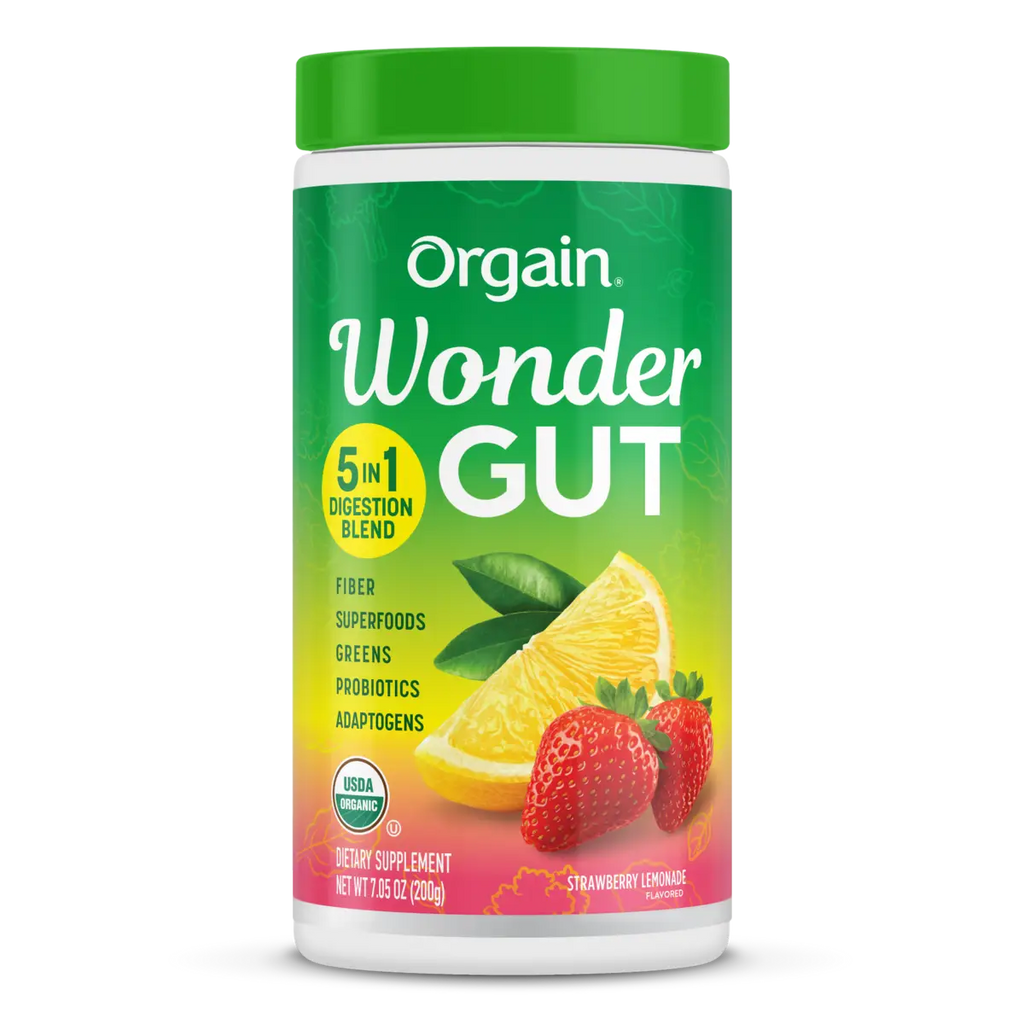Packing your lunch is one of those old school nuggets of life wisdom that can save you money while encouraging you to eat healthy and reduce your waste. The average packed lunch in the U.S. produces about 67 pounds of waste each year while the USDA estimates that 30-40% of our food supply is wasted annually. To top it all off, a study by the World Health Organization found that rising fast food sales and the obesity epidemic in the U.S. are correlated. While these numbers are pretty staggering, it’s also amazing that the humble brown bag lunch holds so much potential for positive change. With a little planning and some strategic swaps, you can pack a greener lunch that benefits your body, wallet, and the planet, multiplying those benefits for every person in your household who jumps aboard!
- Reach for reusable containers made of stainless steel, glass, or BPA-free plastic, and store beverages in refillable bottles (see #2). Instead of plastic sandwich baggies, pack snacks and sandwiches in silicon zip bags, wrap them in beeswax wrap, or fill the compartments of a bento box. Add your own cloth napkin as well as re-usable utensils to your lunch kit so you can have a moveable feast without generating a small mountain of trash.
- BYOB- bringing your own refillable water bottle is one of those tiny habit shifts that has a big impact. On average, Americans purchase about 50 billion plastic water bottles a year and only 23% of them actually get recycled. Plastic bottles also leach chemicals into your water so investing in a stainless steel or glass water bottle is a big win for both your health and the planet’s.
- Make ahead- prevents morning rush and having to grab fast food/order out which is usually not nutritious and comes in lots of disposable packaging and may even mean leftovers don’t get eaten from home, resulting in food and money waste. Keep it simple by packing leftovers from dinner immediately after your meal or make your lunches ahead, with hummus, fresh fruit and veggie sticks, salads and protein shakes, sandwiches, grain bowls, etc. and stacking them on a shelf in the fridge.
- Eat seasonal fruits and veggies from your region. By reducing the miles your food has to travel to become your lunch, you support local farmers and producers while also cutting back on fuel emissions. Plus, eating produce in season is usually more cost effective and you get to make the most of abundant, fresh ingredients. Add extra servings of veggies to your lunch by packing a salad, swapping chips or pretzels for veggie sticks, and adding greens to smoothies and protein shakes.
- Grass-Fed, organic, or bust. One study found eating an organic, plant-based diet and grass-fed meat and dairy might reduce the risks of certain cancers and diseases. Organic farming practices, as well as grass-fed, pasture-raised farming operations are also more environmentally friendly and often support smaller family farms and local economies. Doing the right thing just tastes better which is why Orgain uses grass-fed whey and organic plant protein for our protein powders and shakes; we are committed to a healthier planet and a healthier you.
